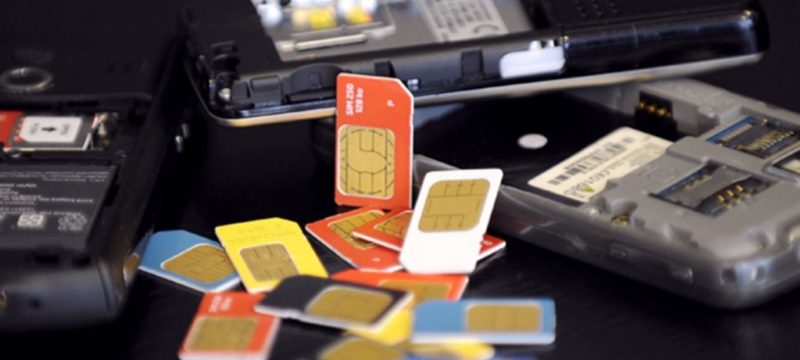KARACHI – A shocking case of bank fraud has surfaced in Karachi, where cybercriminals used a duplicate SIM card to steal Rs8.5 million from a citizen’s bank account.
According to the National Cyber Crime Investigation Agency (NCCIA), the victim, Suni Kumar, reported that his mobile SIM stopped working suddenly on September 29, 2025. Within hours, unknown individuals managed to obtain a duplicate SIM card in his name from Hyderabad — without his biometric verification.
This duplicate SIM was linked to his bank account, allowing fraudsters to access and drain his funds. By the time Kumar checked his account the next morning, he discovered nearly 100 unauthorized transactions transferring Rs8.5 million to multiple accounts overnight.
NCCIA officials confirmed that the incident was a well-planned bank fraud involving a SIM swap technique, where cybercriminals gain control over a victim’s phone number to bypass banking security layers.
The agency sought transaction records from both the bank and the mobile service provider, but both entities failed to provide complete documentation. The bank’s branch manager did not appear for questioning, and the relationship manager only submitted partial records. Similarly, the telecom company provided incomplete and unclear details about how the duplicate SIM was issued without biometric verification.
Investigators revealed that the bank fraud occurred due to multiple lapses — including the telecom company’s negligence in issuing the duplicate SIM and the bank’s failure to flag suspicious, high-value transactions despite red alerts in its security systems.
Authorities have termed the incident a major cyber-financial crime, emphasizing the need for strict accountability and improved digital security protocols across financial institutions and telecom networks in Pakistan.
In other news read more about Climate & Population Hurdles Block Pakistan’s $3 Trillion Dream
The NCCIA continues to investigate the case, urging banks and mobile operators to cooperate fully to trace the culprits and prevent similar frauds in the future.









